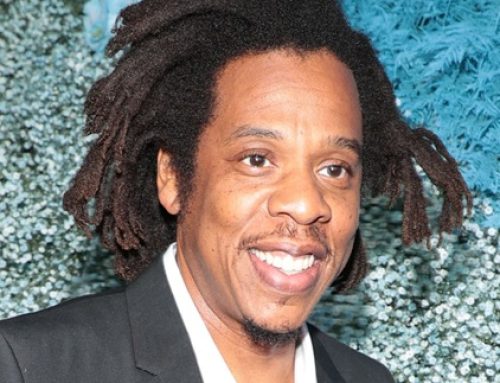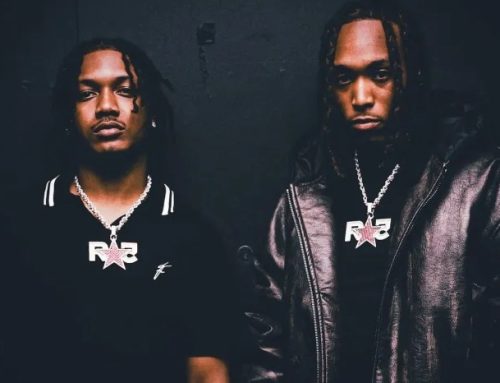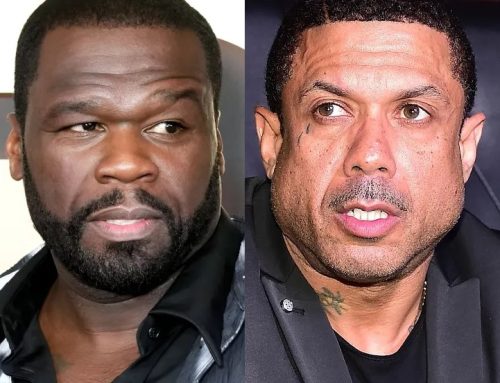DMX was forever shifting between the gritty streets and the sacred texts he relied on to keep him on the straight path during his career as one of hip-hop’s most intensely spiritual, conflicted MCs. A new Rolling Stone profile of the gruff-voiced rapper, who died in April at age 50, reveals that while living in Arizona in the late 2000s during a fallow period of his career, Earl Simmons tried to outrun his drug, legal and marriage problems by working on a gospel-influenced double album.
The collection was called Walk With Me Now and You’ll Fly With Me Later and was posited as one disc of hip-hop tunes and a second one with profanity-free spiritual rhymes; Simmons always tried to find a slot for a more spiritually focused songs on his first three platinum collections. “No songs about b—-es, no songs about robbing, just straight ‘Give God the glory,’ ” he reportedly said at the time.
The collection was completed, but never released in the way X intended, according to RS, with some tracks making it into the world against his wishes and the rest locked on hard drives for over a decade. The rapper, who also always made prayer a part of his live sets, recorded the gospel album in Arizona with producer Divine Bars and a local singer named Janyce. DMX reportedly met the latter at the Phoenix Nordstrom’s where she worked after her co-workers encouraged the talent competition winner to sing for the rap superstar.
According to RS, she spent long hours in the studio laying down hooks and bridges for X’s songs, including one called “Let Me Be Your Angel.” The rapper was waiting outside the booth for her when she finished that track and was reportedly so inspired he immediately recorded two verses for it on the spot. “I ask a lot of questions, ’cause I need a lot of answers/Sometimes I think I need to ask the questions faster,” he raps on it, with Janyce recalling, “When he got out of the booth, he was in tears. He was crying out to the Lord.”
X and Gallo recorded most of the songs for the gospel album in one night in 2008, with the rapper, fueled by frequent trips to an upstairs loft to reportedly smoke crack, writing and recording seven songs before the sun came up. But, after a series of run-ins with notorious Arizona Sheriff Joe Arpaio that found the MC arrested repeatedly over the next few years on a series of charges related to probations violations, traffic incidents, animal cruelty, drug possession, identity theft and more, the album was sent into limbo, with just a few public performances of the tracks at Gilbert, Arizona’s Morning Star church.
At one point, a source said that DMX wanted to perform the gospel album on a tour of Southern megachurches and, eventually, open his own church, House of the Afflicted, where he planned to minister to the homeless and people struggling with addiction.
After DMX was released from jail in 2009, the album’s future was hazy, with the label he’d signed to facing its own legal issues. Most of the songs leaking online in the early 2010s, where you can still find tracks such as “It’ll Be Alright” in low-quality recordings on YouTube. The rights to the album eventually went to Seven Arts Entertainment, which reportedly ran afoul of the rapper’s team when it released Redemption of the Beast, made up on unfinished songs from his time in Arizona.
Canadian businessman Howard Mann later won the rights to Seven Arts’ catalog in an auction and found the gospel songs on a hard drive that was part of the purchase. When he attempted to purchase the rights to them he was not able to secure the deal to release the tracks. Since X’s passing, Mann said he’s been speaking to engineers and producers who worked with the late rapper, as well as labels and distributors in an effort to release the gospel collection.
With no will left behind to settle his estate, the future of the project appears murky, with a lawyer who repped DMX early in his career — and who now represents three of his sons — saying the estate is “absolutely not” working with Mann on the album. “Howard Mann has no authority that we’re aware of and hasn’t shown us anything to reflect that he owns any music that DMX recorded,” lawyer Ron Sweeney said. “He has absolutely nothing to do with the estate and, to the extent that he has DMX’s music, the estate has not authorized the use of DMX’s name and likeness.”
Click here to read the full RS story.






